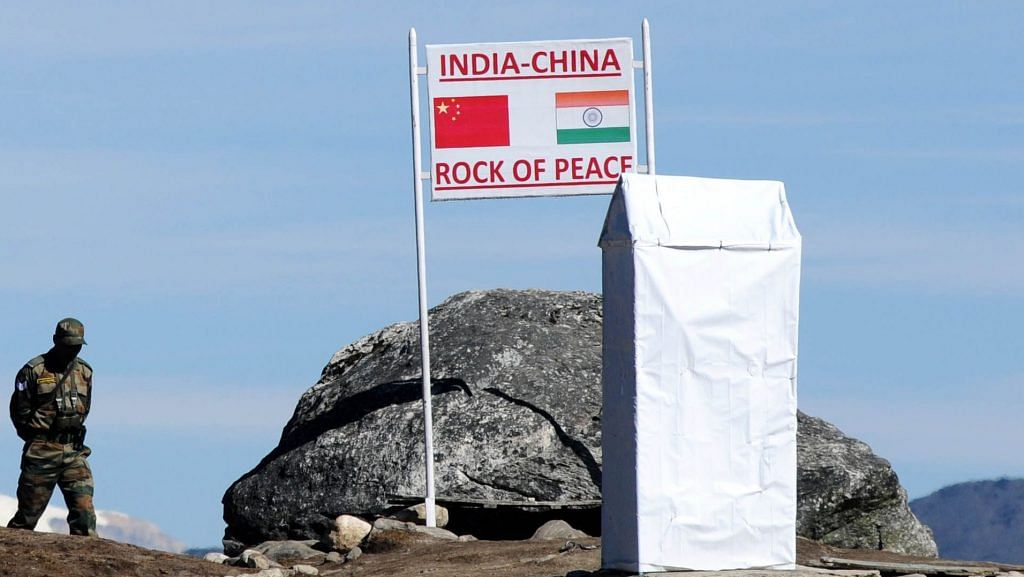Following the clash with Chinese soldiers in Ladakh’s Galwan Valley, in which 20 Indian soldiers were killed, the Narendra Modi government has clarified that the troops were not unarmed. They were, in all likelihood, inhibited from using their weapons because the terms of engagement stipulated ‘no escalation’. Here’s the dictum Indian soldiers should follow if they find themselves in a situation like the one on 15 June: Don’t wait for orders, just assume them.
When the lives of our brave-hearts are threatened, I see no reason why they should not defend themselves with their weapons. Strict adherence to the rules should be overridden by the initiative to act when orders don’t exist.
The Galwan Valley clash is a good example of how sticking to ‘stipulated rules’ can go horribly wrong. Then there are instances when soldiers or officers on the ground, who are always the best judge of what action should or should not be taken, must give themselves the ‘order’ whose absence sometimes becomes a ground for ‘inaction’.
Also read: Chinese threat is unlikely to go away. India needs big plans for LAC to save its land
A case worth remembering
While adjudicating justice at the Armed Forces Tribunal, an appeal came up for consideration in 2009-10. A Junior Commissioned Officer (JCO), who had been dismissed from service for ‘cowardice’, appealed against the sentence. His stand was that he had been ordered to establish an ambush in an area in Jammu and Kashmir with several nullahs while a raiding party dealt with terrorists in a nearby jungle hideout.
The JCO was in radio communication with the raiding party. During the action, he received a radio transmission that clearly indicated that the terrorists were escaping via an adjoining nullah where there were no troops to ambush them. The JCO did not redeploy his patrol and the terrorists escaped.
He defended his ‘inaction’ by arguing that he had not received any orders to redeploy. His explanation was not accepted by his Commanding Officer, who said that the JCO did not act because he wanted to avoid a firefight with the terrorists. The JCO was court-martialled and dismissed from service.
The Armed Forces Tribunal heard his appeal but upheld the dismissal on the ground that the JCO was in radio contact and well aware of the progress of the raid, the action of the raiding party, and the escape route taken by the terrorists who ultimately managed to flee.
Clearly, if the JCO had ‘assumed’ the order to redeploy himself at the position where there was no ambush for the terrorists, he would have been able to prevent their escape. His argument that there was no ‘order’ for him to do so doesn’t stand because an officer on the ground is expected to respond to the developing scenario. Not everything can be fed through an ‘order’.
Also read: Indian Army should be relieved from internal security in J&K. It goes against secular ethos
Taking the initiative
There have been many instances where unquestioned adherence to the instructions have been justified on the ground that there were ‘no orders to the contrary’. It is essential that soldiers, when engaged in operations, take the initiative to act according to the situation.
In operations that involve dealing with terrorists or an enemy such as the People’s Liberation Army (PLA) soldiers, any action, even if it later proves to be inadequate, is better than inaction. The armed forces condone any action done in good faith — but never inaction. This may appear over simplification to adherents of cast-iron orders. Battle situations, however, are fluid and taking initiative is an imperative.
Lt Gen Zameer Uddin Shah PVSM, SM, VSM (retired) is a former Deputy Chief of Army Staff and the former Vice-Chancellor of Aligarh Muslim University. Views are personal.
